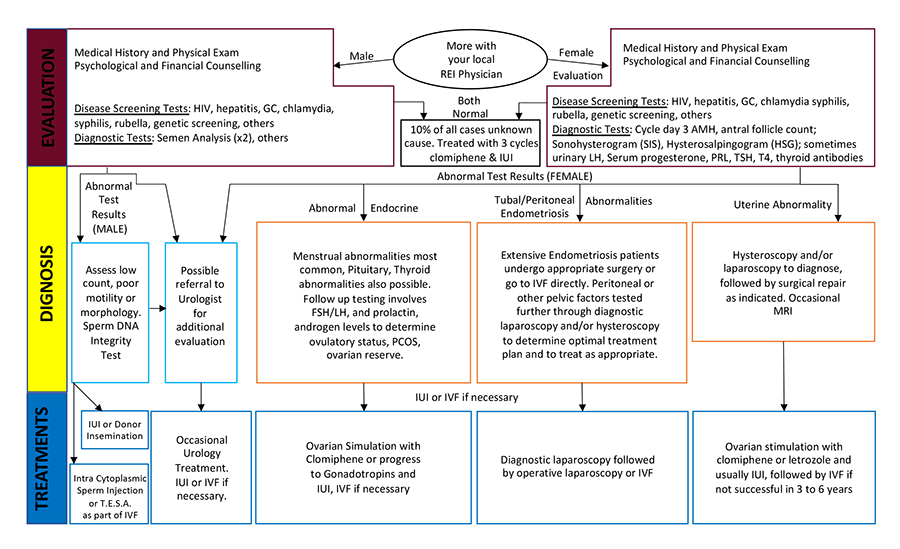All Categories
Featured
Table of Contents
What Is The Best What Is Fertility Center Albuquerque Nm Company Near Me
Many individuals need fertility assistance. This includes males and females with infertility, many LGBTQ people, and single people who prefer to raise children. An estimated 10% of females report that they or their partners have ever gotten medical aid to become pregnant. Regardless of a requirement for fertility services, fertility care in the U.S.

Generally, fertility services are not covered by public or private insurance providers. Fifteen states need some private insurance providers to cover some fertility treatment, but substantial gaps in coverage remain. Just one state Medicaid program covers any fertility treatment, and no Medicaid program covers synthetic insemination or in-vitro fertilization.

This implies that in the lack of insurance protection, fertility care is out of reach for many individuals. Less Black and Hispanic females report ever having used medical services to become pregnant than White women. This is a result of numerous elements, including lower earnings typically among Black and Hispanic women along with barriers and misconceptions that may deter females from seeking support with fertility.
What Is The Best Infertility Clinic Albuquerque Nm Service In My Area?
Transgender people going through gender-affirming care might also not meet requirements for "iatrogenic infertility" that would certify them for covered fertility conservation. Lots of people require fertility support to have children. This might either be because of a medical diagnosis of infertility, or due to the fact that they are in a same-sex relationship or single and desire kids.
/in-doctors-office-941355704-5bfecc6c4cedfd0026375bb1.jpg)
Fertility treatments are pricey and typically are not covered by insurance. While some private insurance plans cover diagnostic services, there is really little protection for treatment services such as IUI and IVF, which are more pricey. The majority of people who utilize fertility services must pay out of pocket, with expenses typically reaching thousands of dollars.
About 25% of the time, infertility is caused by more than one element, and in about 10% of cases infertility is inexplicable. Infertility estimates, nevertheless do not account for LGBTQ or single individuals who may likewise require fertility assistance for family structure. Therefore, there are different factors that might prompt individuals to look for fertility care. dumpster rental near me.
Should I Hire A Professional Pressure Washing Contractor?
Client Details Series. 2017 Our analysis of the 2015-2017 National Study of Family Growth (NSFG) discovers that 10% of women ages 18-49 state they or their partner have actually ever talked with a doctor about methods to help them end up being pregnant (information not shown).3 Amongst women ages 18-49, the most commonly reported service is fertility suggestions ().
Lots of patients lack access to fertility services, largely due to its high expense and limited coverage by private insurance coverage and Medicaid. As an outcome, lots of people who use fertility services should pay of pocket, even if they are otherwise guaranteed. Out of pocket expenses vary extensively depending on the patient, state of home, supplier and insurance coverage strategy (Dumpster Rental Plymouth).
Figure 3: Fertility Treatments Generally Cost Clients Countless Dollars Insurance coverage of fertility services differs by the state in which the person lives and, for individuals with employer-sponsored insurance, the size of their employer. Lots of fertility treatments are ruled out "clinically required" by insurance provider, so they are not usually covered by personal insurance plans or Medicaid programs.
What Is The Best Fertility Site Albuquerque Nm Program?
g., screening) are more most likely to be covered than others (e. g., IVF). A handful of states need protection of fertility services for some fully-insured personal strategies, which are managed by the state. These requirements, nevertheless, do not use to health plans that are administered and funded straight by employers (self-funded plans) which cover six in 10 (61%) employees with employer-sponsored medical insurance.
Two states (CA and TX7) need group health prepares to use a minimum of one policy with infertility coverage (a "mandate to use"), however employers are not required to choose these plans. Figure 4: Many States Do Not Require Private Insurance Providers to Offer Infertility Benefits However, in states with "mandate to cover" laws, these just apply to certain insurance providers, for particular treatment services and for certain patients, and in some states have monetary caps on expenses they need to cover ().
In other states, almost all insurance providers and HMOs are consisted of in the required (affordable dumpster rental). Lots of states provide exemptions for small companies (
Latest Posts
Which Is The Best Infertility Centers New Mexico Company
What Is The Best Fertility Facility Albuquerque Nm Program?
Which Is The Best Infertility Clinic New Mexico To Buy